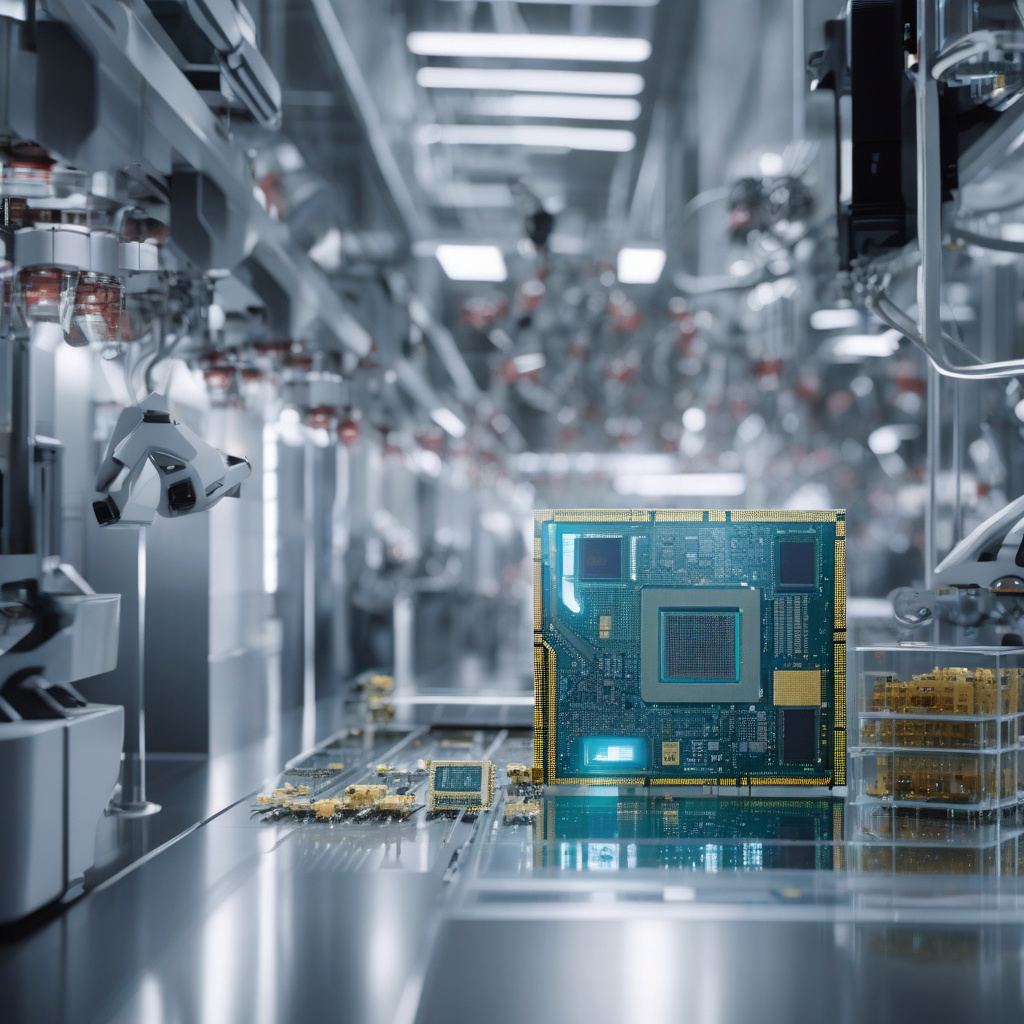In a significant development that could reshape the landscape of global AI supply chains, Huawei is gearing up to distribute its latest 910C AI chips to Chinese clients on a large scale starting next month. This move is poised to not only expedite the diversification of AI infrastructure worldwide but also pose a formidable challenge to the dominance of US chips in enterprise AI workloads.
According to a recent report by Reuters, Huawei has already commenced shipping some units of the 910C AI chip. This strategic initiative comes in response to the escalating demand from Chinese AI enterprises seeking viable domestic alternatives to Nvidia’s H20 chip, which was previously widely utilized in the region.
The impending mass distribution of Huawei’s 910C AI chips carries profound implications for the global tech industry. By offering a compelling alternative to established players like Nvidia, Huawei is poised to disrupt the existing dynamics of the AI chip market. This shift not only underscores the company’s commitment to innovation but also marks a pivotal moment in the ongoing evolution of AI technologies.
As Chinese firms increasingly pivot towards homegrown solutions for their AI infrastructure needs, the competitive landscape is set to witness a significant transformation. Huawei’s foray into mass shipping its 910C AI chips underscores a broader trend towards localization and self-sufficiency in critical technological domains.
Moreover, the rise of Huawei’s 910C AI chips could potentially catalyze a new era of competition and collaboration within the AI ecosystem. As more players enter the fray with innovative offerings, the industry is primed for a period of accelerated innovation and diversification, ultimately benefiting end-users with a wider array of options and advancements in AI capabilities.
In light of these developments, it is evident that Huawei’s strategic move to scale up the distribution of its 910C AI chips represents a pivotal moment in the ongoing narrative of global AI supply chains. By challenging the established order and fostering competition, Huawei is not only driving technological progress but also paving the way for a more dynamic and inclusive AI landscape.
In conclusion, the imminent mass shipment of Huawei’s 910C AI chips heralds a new chapter in the evolution of AI technologies, with far-reaching implications for industry players and stakeholders worldwide. As the global AI supply chain undergoes a significant shift, fueled by innovation and competition, Huawei’s bold move underscores the company’s commitment to shaping the future of AI and driving progress in the digital era.

